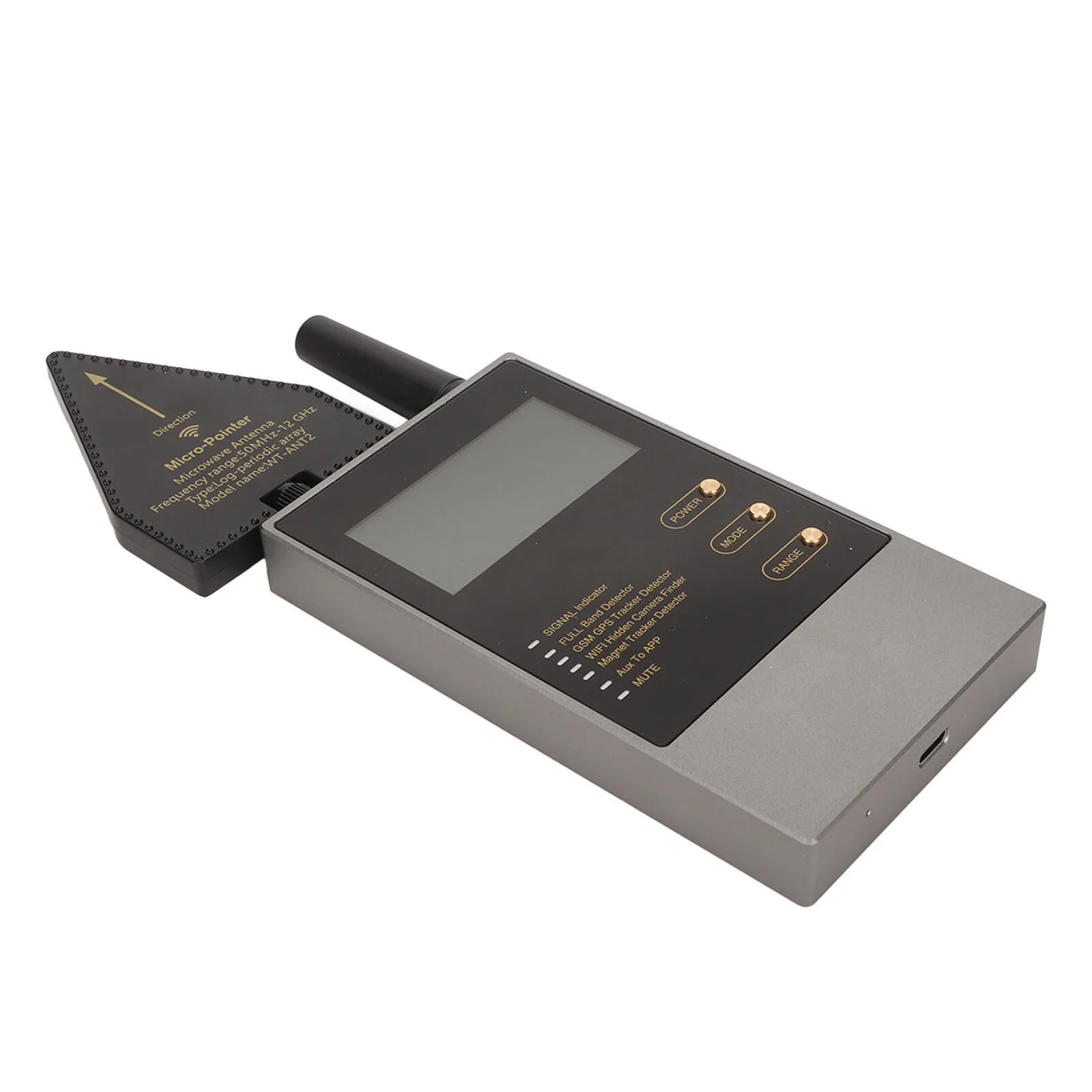- How Do GPS Trackers Function?
- What Are the Most Effective GPS Tracker Detection Methods?
- What Physical Signs Might Reveal a Hidden GPS Tracker?
- What Legal and Ethical Considerations Apply to GPS Tracking?
- When Should You Consider Professional GPS Detection Services?
- Frequently Asked Questions
In today’s digitally connected world, gps tracking technology has become both a powerful tool and a potential privacy concern. Whether you’re safeguarding personal privacy, protecting business assets, or simply curious about surveillance technology, understanding GPS tracker detection is crucial. This comprehensive guide explores how GPS trackers function, reveals practical detection techniques, examines legal considerations, and provides actionable steps to protect against unwanted tracking. From physical inspections to electronic sweeps and professional services, we’ll cover all aspects of GPS tracker detection to help you maintain your privacy in an increasingly monitored world.
How Do GPS Trackers Function?
GPS tracking devices operate by receiving signals from a network of satellites orbiting Earth. These sophisticated devices calculate their precise location by measuring the time it takes for signals to travel from multiple satellites to the receiver. Modern GPS trackers typically consist of four essential components that work together seamlessly. The GPS receiver captures satellite signals to determine exact coordinates. Data storage components log location information for future reference. A communication module transmits this data via cellular networks to a central server where users can access it remotely. Finally, a power source (either battery-powered or hardwired) keeps the device operational. These compact yet powerful devices can be discreetly attached to vehicles, personal belongings, or even clothing, making them difficult to detect without proper knowledge and tools.
![]()
What Are the Most Effective GPS Tracker Detection Methods?
Detecting hidden GPS trackers requires a systematic approach combining various techniques. Physical inspection remains the most straightforward method, involving thorough examination of potential hiding spots. For vehicles, this includes checking undercarriages, wheel wells, bumpers, and interior compartments. Electronic detection methods offer more advanced solutions. Radio Frequency (RF) detectors can identify signals transmitted by active GPS trackers, while specialized bug detectors scan for broader surveillance equipment. Professional detection services provide the most comprehensive solution, employing expert knowledge and sophisticated equipment. Signal jammers, while technically effective at blocking transmissions, are illegal in most jurisdictions and can disrupt essential communications, making them an impractical solution for most users.
What Physical Signs Might Reveal a Hidden GPS Tracker?
Several telltale signs may indicate the presence of a hidden tracking device. Unexplained battery drain in vehicles or electronic devices often suggests a parasitic power draw from a concealed tracker. Mysterious interference during phone calls or unusual electronic behavior might signal nearby transmitting equipment. Unexpected notifications from unfamiliar apps or sudden spikes in data usage could indicate tracking software transmitting location information. Visible signs include recently disturbed areas where a device might be hidden, unfamiliar wiring, or suspicious objects attached to your property. Regular maintenance personnel might notice these signs during routine service, making professional inspections valuable for early detection.
What Legal and Ethical Considerations Apply to GPS Tracking?
GPS tracking exists in a complex legal and ethical landscape that varies significantly by jurisdiction. In most regions, tracking individuals without their consent violates privacy laws and can lead to serious legal consequences. Business use cases (like fleet monitoring) typically require employee notification and consent. Signal jamming devices, while sometimes considered for counter-surveillance, are prohibited in most countries due to their potential to disrupt critical communications. Ethical considerations extend beyond legal requirements, emphasizing respect for personal privacy and the importance of transparency in any tracking arrangement. Understanding these boundaries helps prevent legal issues while maintaining trust in personal and professional relationships.
When Should You Consider Professional GPS Detection Services?
Professional detection services become valuable when personal detection efforts prove inconclusive or when the stakes justify expert intervention. Security professionals and private investigators bring specialized equipment like spectrum analyzers and non-linear junction detectors that surpass consumer-grade tools. Their trained eyes can spot subtle signs of tampering or concealment that untrained individuals might miss. Businesses handling sensitive operations or high-value assets often employ regular professional sweeps as part of comprehensive security protocols. Individuals facing credible stalking threats or complex surveillance situations also benefit from professional services that can provide definitive answers and, if necessary, expert testimony for legal proceedings.
Frequently Asked Questions
How can I tell if my car has a GPS tracker?
Conduct a thorough physical inspection of your vehicle, paying special attention to hidden areas like undercarriages, wheel wells, and interior compartments. Look for suspicious devices or wiring. For more advanced detection, use an RF detector to scan for transmission signals or consult a professional detection service.
Are GPS tracking devices legal?
Legality depends on context and jurisdiction. Tracking your own property is generally legal, while tracking others without consent typically violates privacy laws. Business use often requires employee notification. Always consult local regulations as laws vary significantly by location.
How small can GPS trackers be?
Modern GPS trackers can be as small as a coin or key fob, with some ultra-compact models measuring just 1-2 inches. Miniaturization continues to advance, making visual detection increasingly challenging without specialized tools.
Can a cell phone detect a GPS tracker?
While smartphones can’t directly detect GPS trackers, certain apps can identify suspicious Bluetooth or Wi-Fi signals that might indicate tracking devices. However, dedicated RF detectors provide more reliable detection capabilities.
How often should I check for GPS trackers?
Frequency depends on your risk profile. High-risk individuals or businesses might conduct monthly checks, while average users might inspect quarterly or when noticing suspicious signs. Regular professional sweeps provide the most thorough protection for high-value assets.
